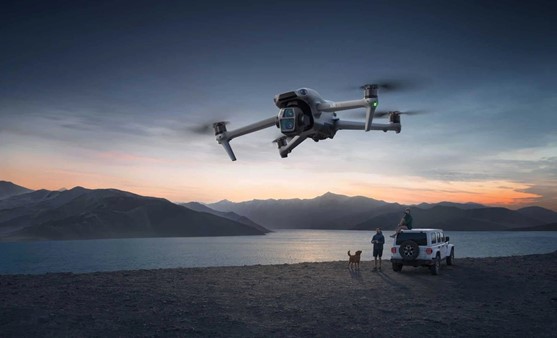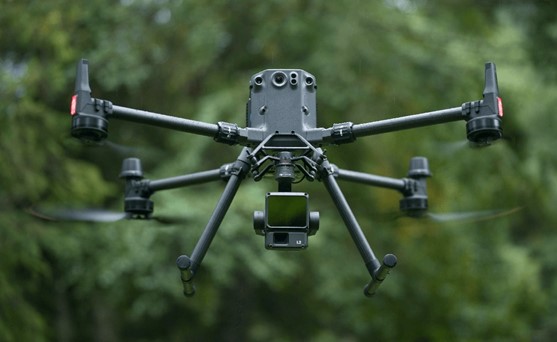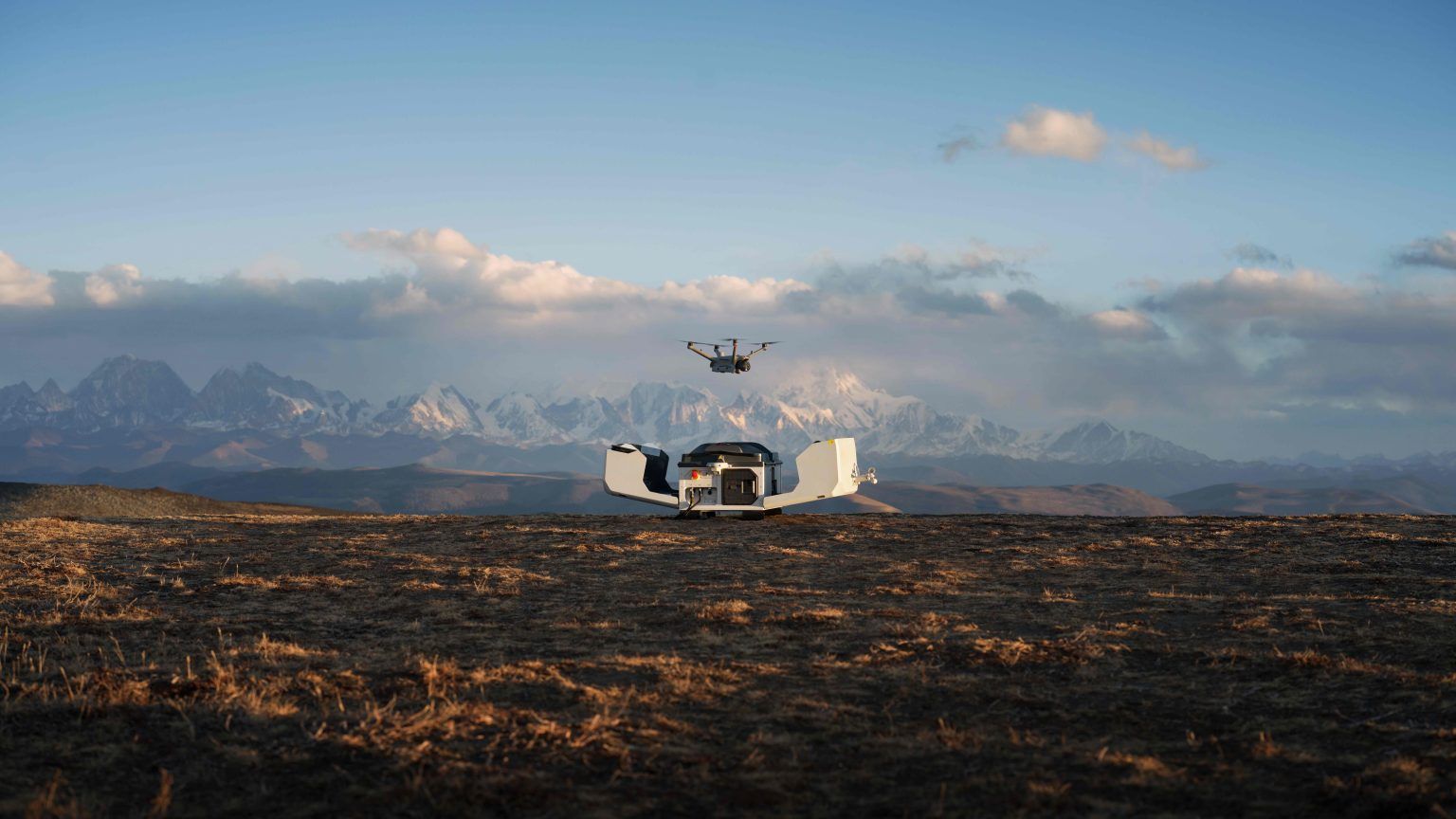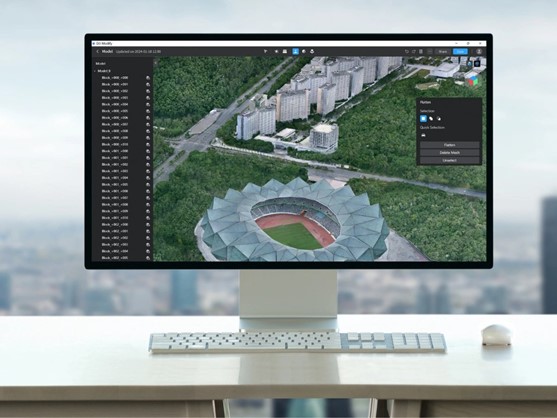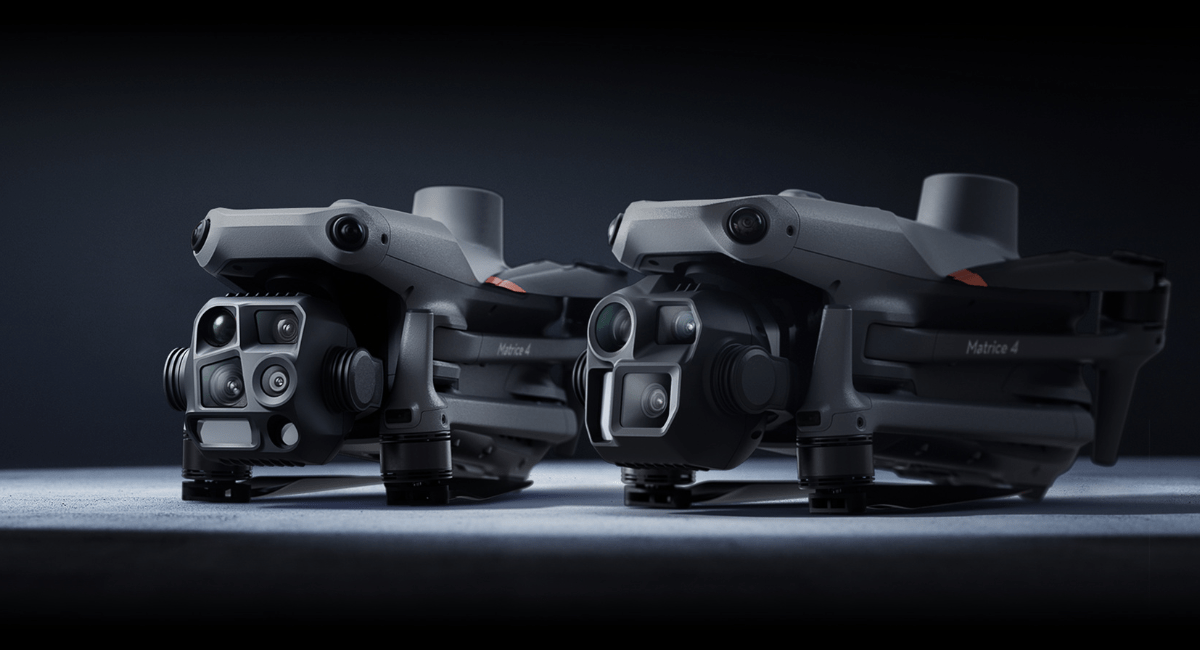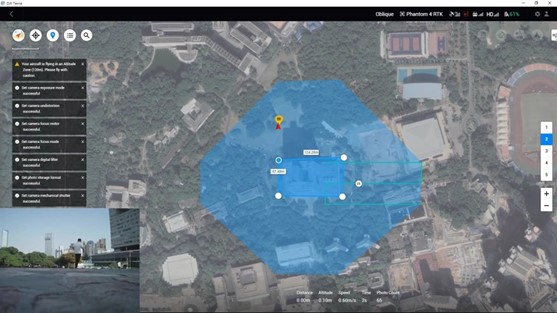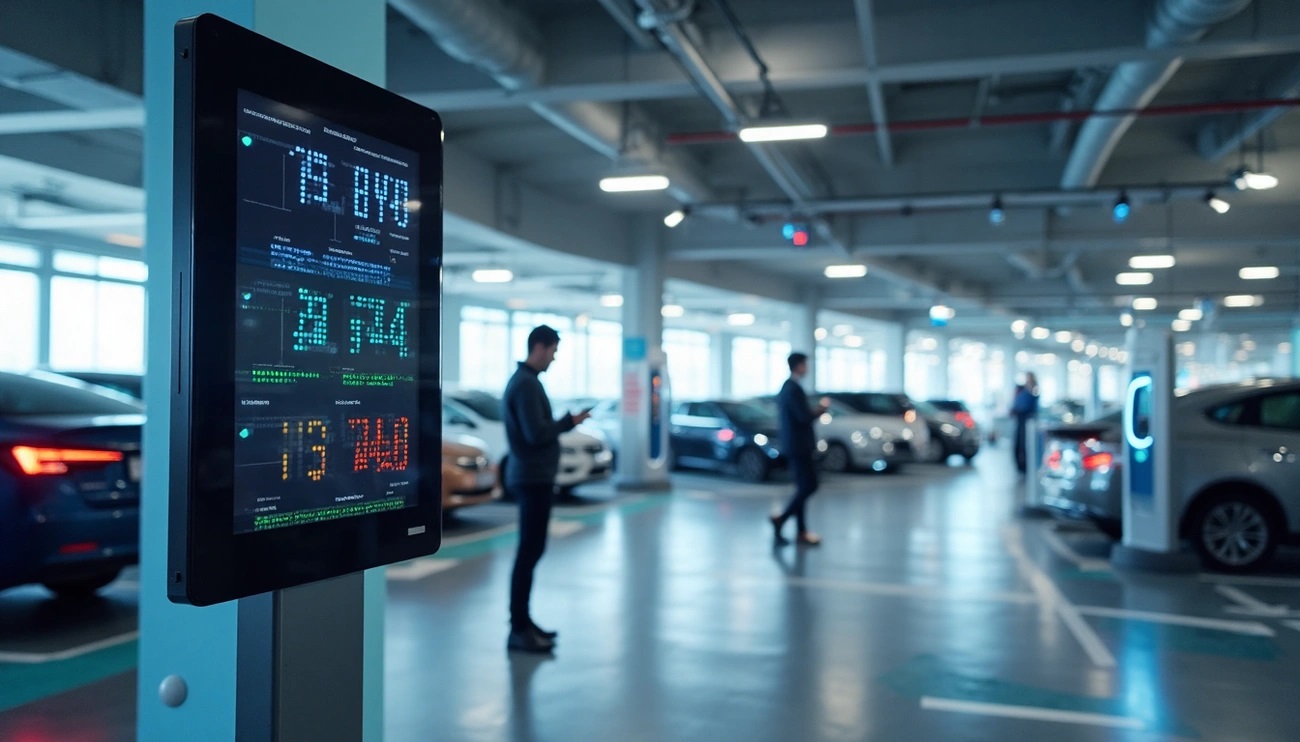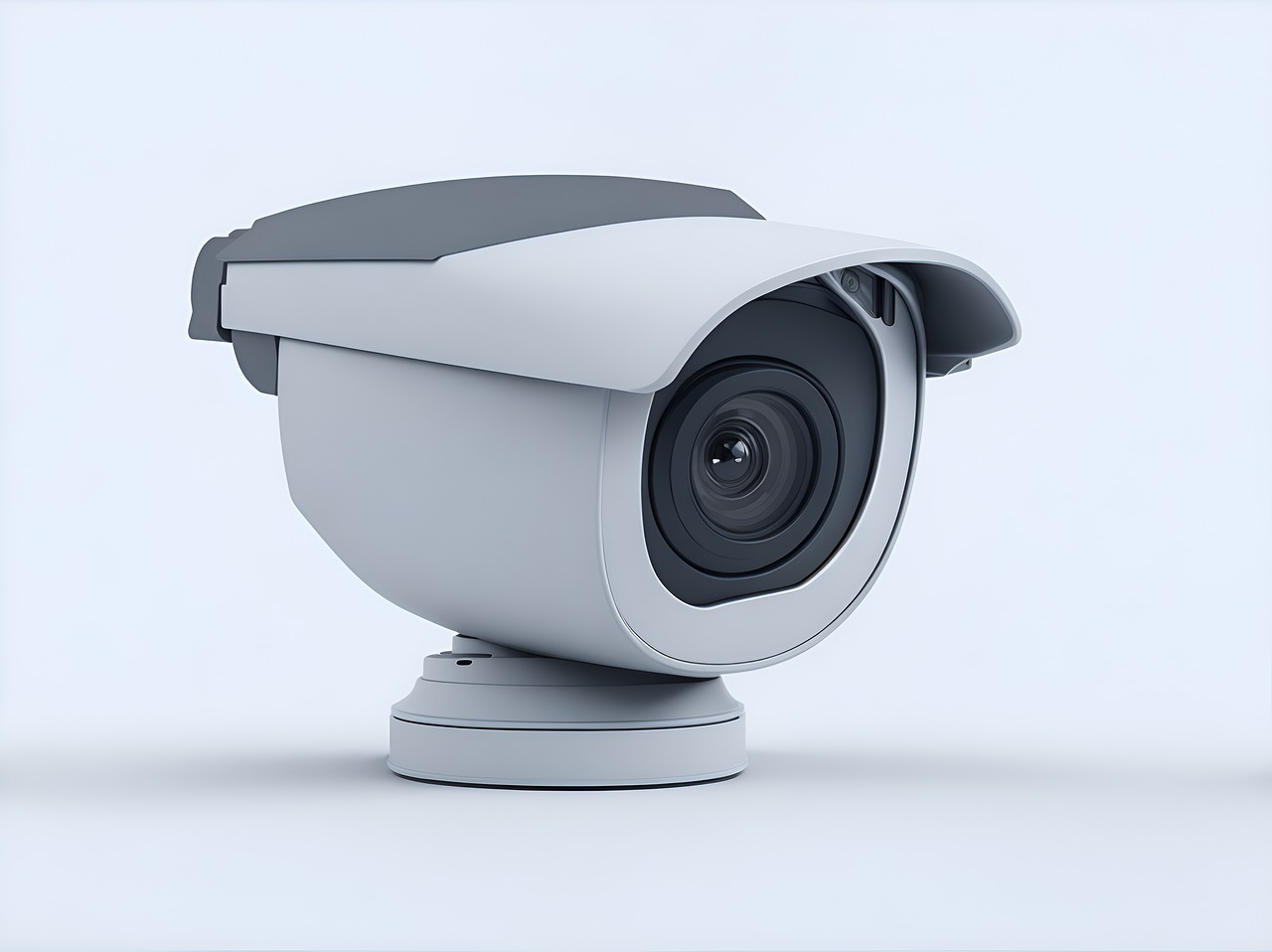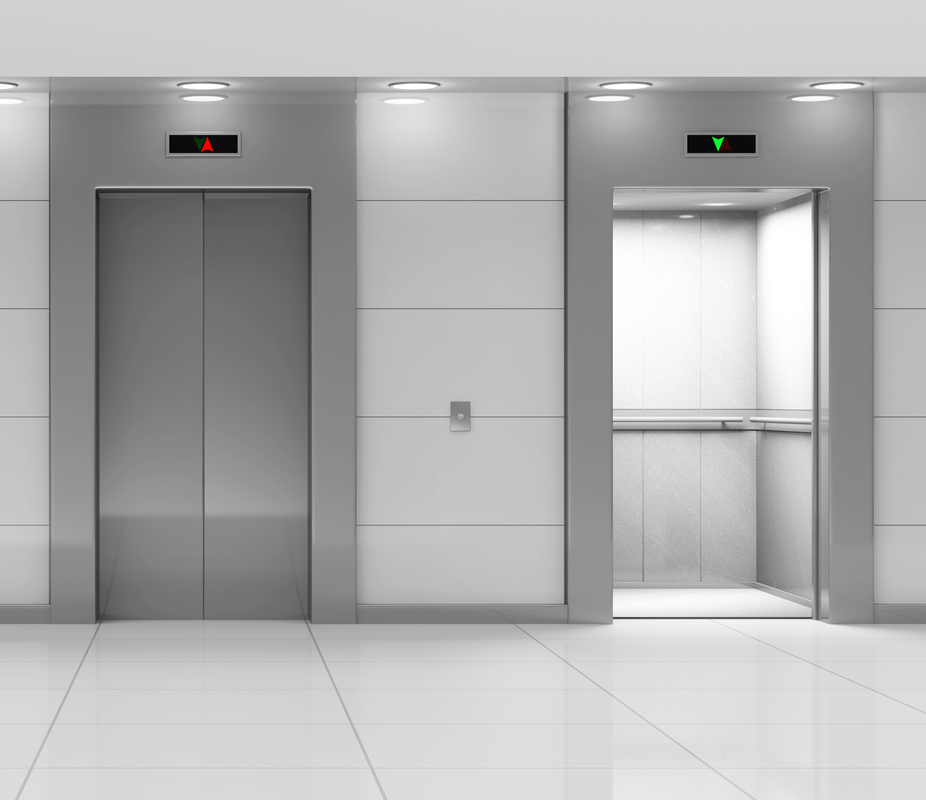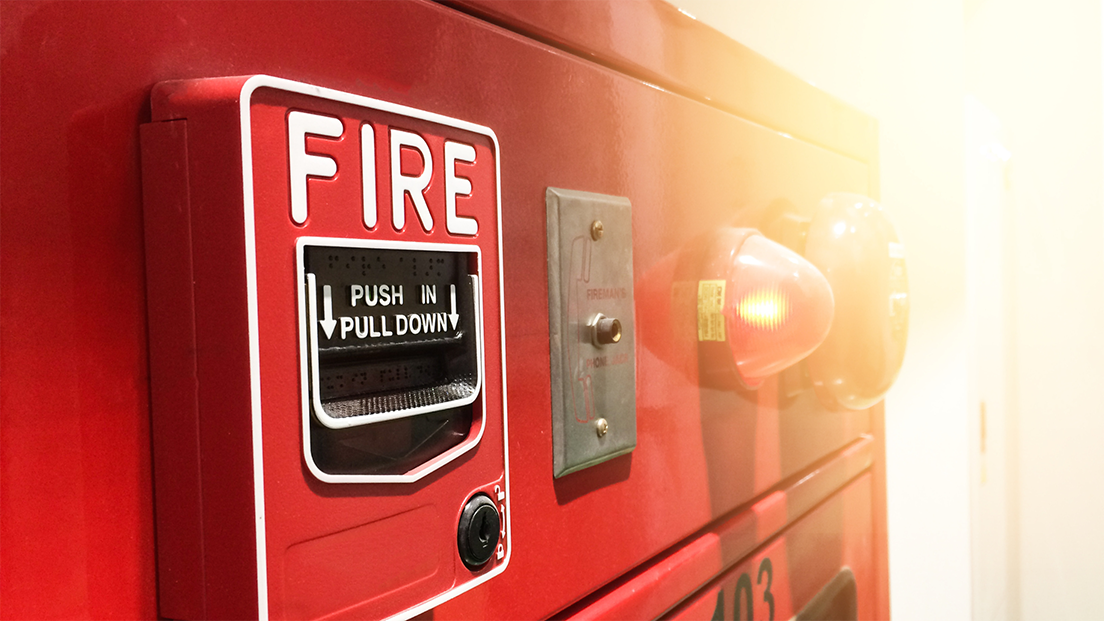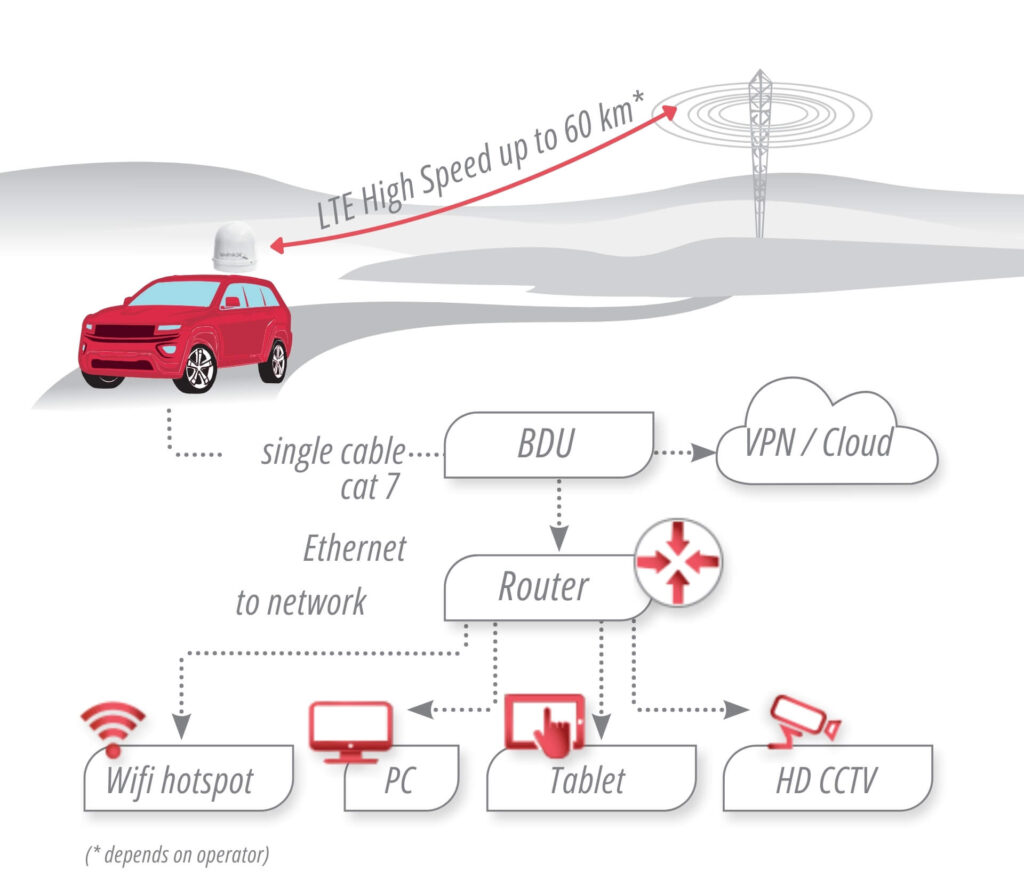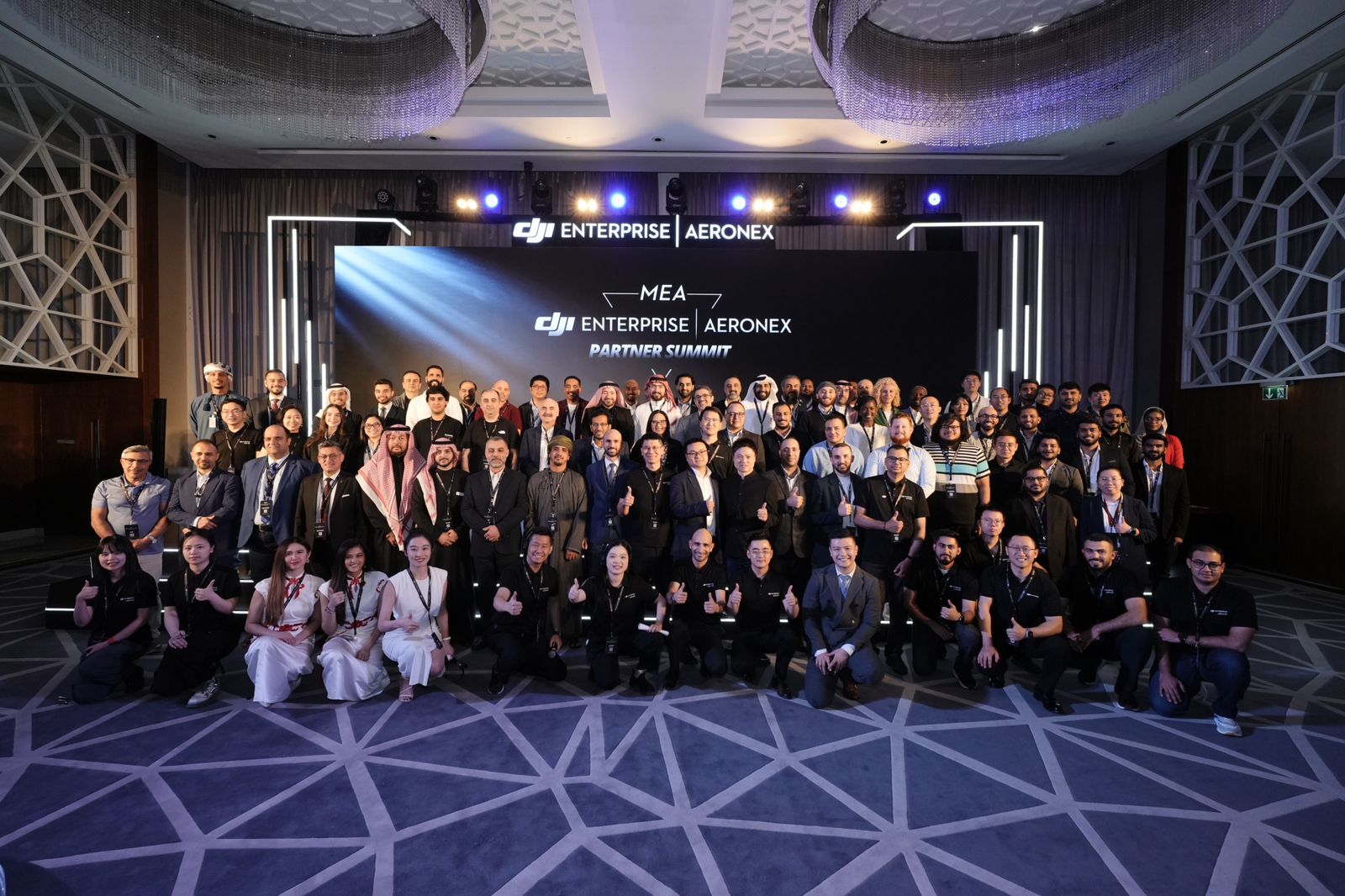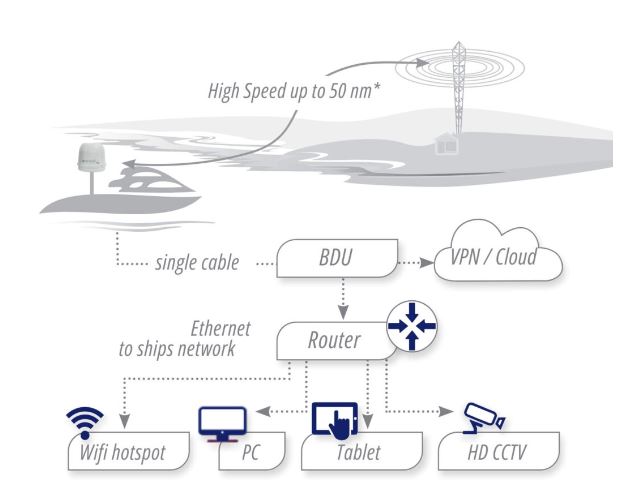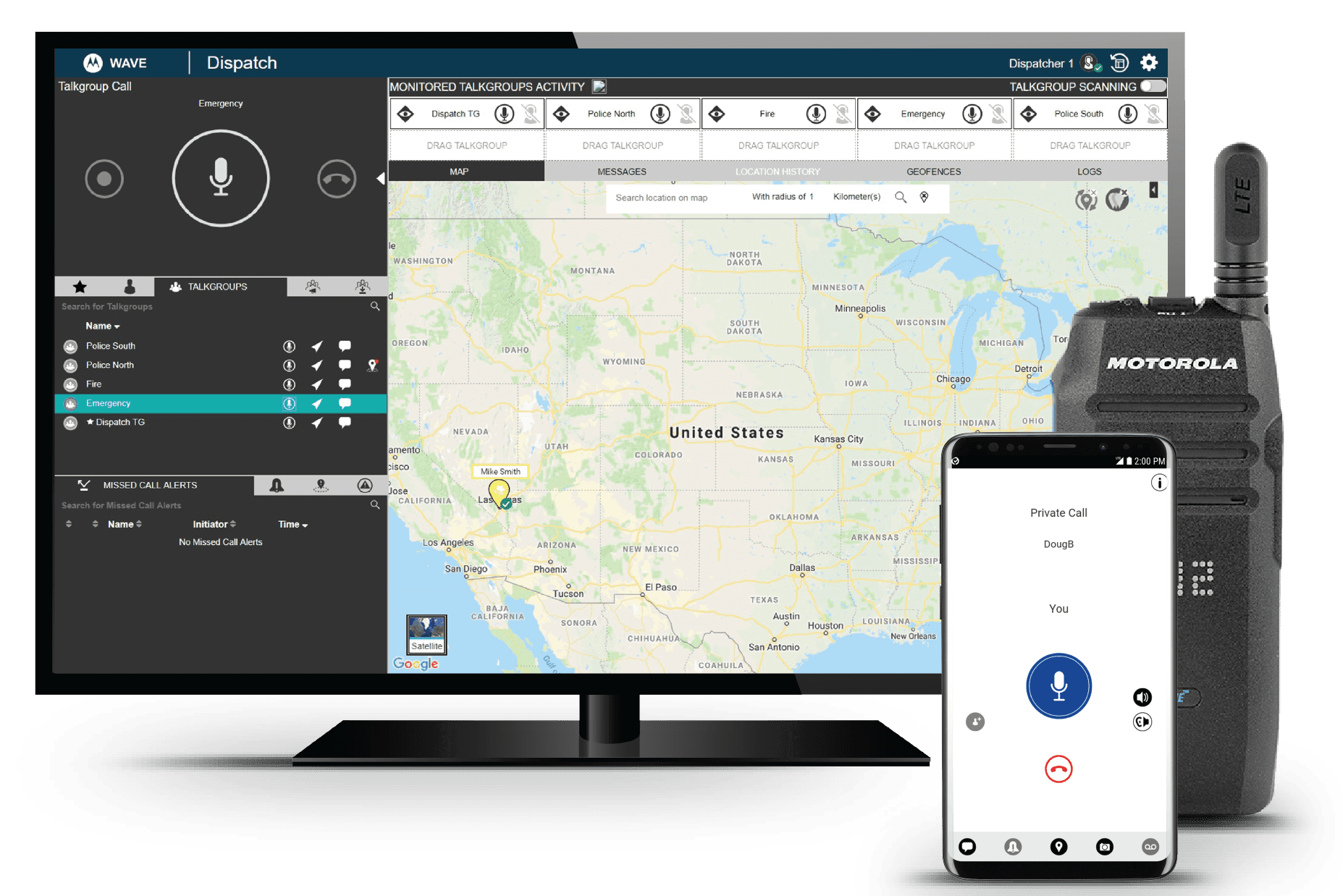Push-to-talk devices are transforming communication during Hajj season. Millions of pilgrims meet in sacred locations throughout Makkah, and these portable communication tools have become essential to manage large crowds that need reliable and instant connectivity.
The safety and organization of pilgrims depend heavily on wireless communication during this spiritual experience. Push-to-talk cellular devices work on dedicated networks and provide uninterrupted communication in the most crowded areas where regular methods fail. Saudi Arabia has invested in resilient infrastructure throughout Makkah and Medina to support these communication needs.
Hajj organizers face bigger logistical challenges each year. Abdulrahman Alshareef Group’s portable Push-to-Talk devices provide instant connectivity between pilgrims, tour guides, and coordinators. These devices come with specialized features for emergencies and ensure quick response capabilities – a vital component for everyone’s well-being during Hajj.
Why communication is critical during Hajj
The Hajj stands as one of the largest human gatherings worldwide, drawing about 1.8 million Muslims to the holy city of Makkah in a recent season. This massive gathering of people from various backgrounds creates unique communication challenges that directly affect pilgrim safety and their overall experience.
Clear communication plays a crucial role as pilgrims make their way through packed sacred sites where group separation happens often. Research shows that pilgrims getting separated from their groups leads to dangerous crowd situations. Many pilgrims don’t speak English or Arabic, which makes it hard to find their group organizers after getting separated.
Language barriers also make critical situations more complex:
- Medical emergencies need quick sharing of vital information
- Security checkpoints become confusing without language help
- Complex pilgrimage routes become hard to follow
- Group leader coordination breaks down
Religious leaders point out that wireless communication systems are vital to organize Hajj campaigns and offer affordable ways to stay connected. These systems help create smooth coordination between pilgrims, officials, medical teams, and security staff who oversee the Hajj.
Push-to-talk devices tackle these communication challenges by providing instant connectivity when emergencies strike. The technology lets emergency personnel share information through networks that run on specialized solutions.
The psychological side of communication matters too. Strong communication builds a sense of community that helps pilgrims’ mental health and well-being throughout their trip. Staying in touch with family back home gives emotional support that pilgrims need while facing both physical and spiritual challenges during Hajj.
Push-to-talk devices and reliable communication tools do more than just offer convenience. They form critical safety infrastructure that saves lives, speeds up emergency response, and helps ensure this spiritual trip continues without unnecessary hardship or danger.
How push-to-talk devices solve Hajj communication challenges
Modern push-to-talk solutions help address unique communication challenges during Hajj in Makkah. Technology providers have developed specialized systems that ensure uninterrupted communication despite massive crowds and complex logistics.
Airbus has secured Hajj pilgrimages by implementing its Tactilon Agnet 800 collaboration platform among TETRA technology for security forces in the field and control rooms. Users can talk, exchange multimedia messages, and share videos at the touch of a button whatever device they use – smartphones or TETRA radios. The platform provides secure group communication through voice, video, and messaging features that boost teamwork among security personnel.
Network providers have been quick to support Hajj operations by supplying 4,765 critical communication devices to government ministries and emergency services. Their Manasik package makes use of information from LTE networks to provide pilgrims with instant, secure communication that includes push-to-talk capabilities, emergency calls, messaging, and navigation services. Other package provides a robust TETRA network that ensures continuous communication flow with features like full-duplex calls and group broadcasts.
Push-to-talk over cellular (PoC) technology solves several critical Hajj challenges:
- Unlimited range – Unlike traditional radios with limited geographical coverage, PoC devices operate via broadband networks (4G/5G/WiFi), allowing communication locally, nationally, or globally
- Instant connectivity – Users connect with a single button press without dialing numbers, saving valuable time during emergencies
- Enhanced security – Communication remains encrypted and secure, essential for coordinating sensitive operations
- Group coordination – Real-time group contact enables efficient management of field teams
These devices have shown remarkable results in emergency response scenarios. Studies revealed that 81.5% of emergency department staff reported reduced communication effort. Another 79% noted better access to healthcare professionals, while 76.5% experienced faster internal communication when using PTT applications.
Security officials can now coordinate faster and more efficiently throughout the Hajj season. Control room dispatchers monitor and command PTT users through computer-aided dispatch systems for quicker emergency response times. This technology has become essential to protect both the large number of visitors and the historical venues throughout the holy pilgrimage.
Key benefits of using push-to-talk devices during Hajj
Push-to-talk devices give pilgrims and organizers many advantages beyond simple communication during Hajj. These benefits help solve unique challenges that come with this massive religious gathering.
Clear communication is one of the main advantages. Pilgrims can hear their guides’ instructions clearly even in very noisy or crowded places where regular communication doesn’t work well. This becomes valuable in sacred areas that require silence, as pilgrims can hear their guide’s whispers through their headphones.
Push-to-talk devices have an impressive range. Some models can transmit up to 180 meters. This wide coverage lets listeners stay comfortable while receiving information from far away, without crowding around presenters.
Better safety is another key benefit. Pilgrims stay connected to their guides at all times, which cuts down the risk of getting separated from their groups. Guides can lead their groups away from crowded areas and share important safety updates as they happen.
These devices come with great battery life that meets Hajj’s needs. Some transmitters work for 8 hours while receivers last up to 18 hours on one charge. Pilgrims won’t have to worry about running out of power during important rituals.
Technical reliability brings several benefits:
- Strong signals even in packed areas
- Clear sound that cuts through background noise
- Up to 50 channels so different groups can communicate without interference
- Easy setup with 4-second receiver synchronization
The systems include advanced security features with built-in encryption and authentication. Network provides’ solution provides secure communication that helps government and private sectors manage Hajj more effectively.
Modern solutions work on cellular and WiFi networks. They switch to available WiFi when cellular signals get weak. This backup system keeps communication going throughout the Hajj.
Conclusion
Push-to-talk devices have reshaped Hajj communication and solved major challenges that millions of pilgrims face each year. These devices excel at providing instant connectivity even in massive crowds. Makkah’s strong infrastructure helps pilgrims, guides, and security personnel communicate clearly when regular methods don’t work.
Safety stands first during this sacred trip. Push-to-talk devices prevent groups from getting separated and enable quick emergency responses. The system’s technical reliability, extended battery life, and multiple channels make it ideal for Hajj’s demanding conditions.
Both pilgrims and organizers reap benefits from these communication tools. Group leaders can manage large gatherings while maintaining clear audio in noisy surroundings. Pilgrims feel secure knowing they stay connected to their groups during physically and spiritually demanding rituals. Staying in touch with group members and family at home adds comfort to the Hajj experience.
Companies like Alshareef Group has created specialized solutions for Hajj. Their recognition shows push-to-talk technology’s vital role as core infrastructure. These systems offer voice communication and multimedia sharing features to improve coordination effectively.
Smart pilgrims and tour organizers should see these devices as essential gear rather than optional add-ons. Get ready for Hajj season with PoC devices from Alshareef Group that provide reliable communication throughout your spiritual trip. These tools combine modern technology with ancient traditions perfectly, keeping millions safe as they fulfill their religious duties in Islam’s holiest sites.


